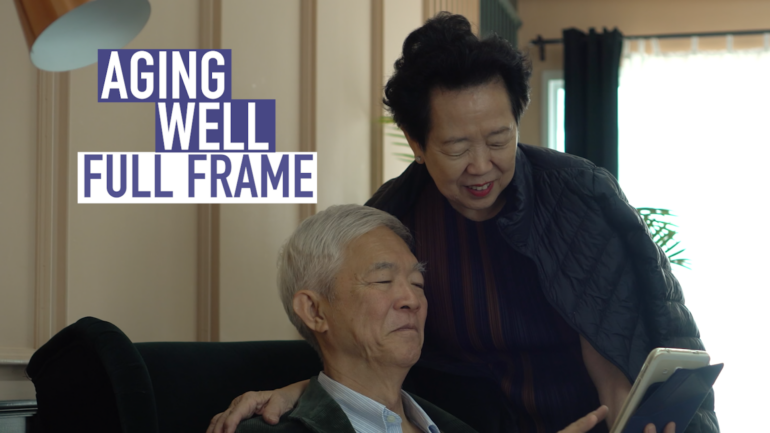The aging population is growing faster than ever before. By 2050, the proportion of people age 60 and older is expected to double. As longevity increases, how can people’s quality of life continue into their later years?
A groundbreaking project at Johns Hopkins University is trying to figure out what healthy aging looks like. Dr. Jeremy Walston is a professor of geriatric medicine and gerontology and leads the Human Aging Project, a cross-disciplinary initiative that supports research in biology, clinical care, and engineering.
“The vast majority of people probably have gene mixtures that are not predicting that they’re going to live to be 100 years old,” Walston said. “So in that case, I think it’s really important that people who want to maintain their health and prevent the development of chronic disease states continue to exercise and do everything they can do. That, I think, is what’s pushing longevity in healthy 70-, 80- and 90-year-olds rather than the genes themselves.”
Exercise and diet are important, of course. But so are social interactions. “It helps people’s brain continue to function and not become socially isolated,” Walston said.
The link between hearing loss and dementia
It’s well-established that hearing loss becomes more common as we age. One in 3 adults aged 65-74 suffers from hearing loss. After age 75, about half report trouble hearing. But what may be surprising is the link between hearing loss and dementia.
Dr. Frank Lin is the director of the Cochlear Center for Hearing and Public Health at Johns Hopkins University. His research established that hearing loss is a risk factor for developing dementia and cognitive decline in older adults.
One reason for the link may be the idea of “cognitive load.”
“We forget when we hear what we’re doing right now for instance, is it happens in two steps. The ear has to take in a sound, it has to convert that sound with perfect fidelity into a signal that then goes to the brain. The brain has to decode the signal…If the brain is not getting a clear sound, the brain is constantly having to work harder to process that sound,” Lin said. In short, “the brain has less energy to dedicate toward thinking, toward memory, to doing other stuff,” he said.
Lin then wondered if hearing aids actually slow down cognitive problems. In a multi-year study following thousands of participants, one group was assigned to wear hearing aids and the other half did not. There was not much change in cognitive function between the two groups as a whole. However, when researchers looked specifically at participants who had high risk factors for dementia, the use of hearing aids slowed down cognitive decline by 48 percent.
“Hearing loss is incredibly consequential for our health,” Lin said. “Even though it seems like just the usual process of aging, we’re learning increasingly, it’s not without consequence. And that’s really the novelty of it, because until now, it was like, well, it’s just getting older doesn’t really matter.”
Studying longevity
At the cellular level, damage to our DNA is a major cause of aging. But what factors can slo down or even reverse the damage? Morten Scheibye-Knudsen, a researcher at the University of Copenhagen, is on the search for the anti-aging antidote.
 CGTN America
CGTN America
